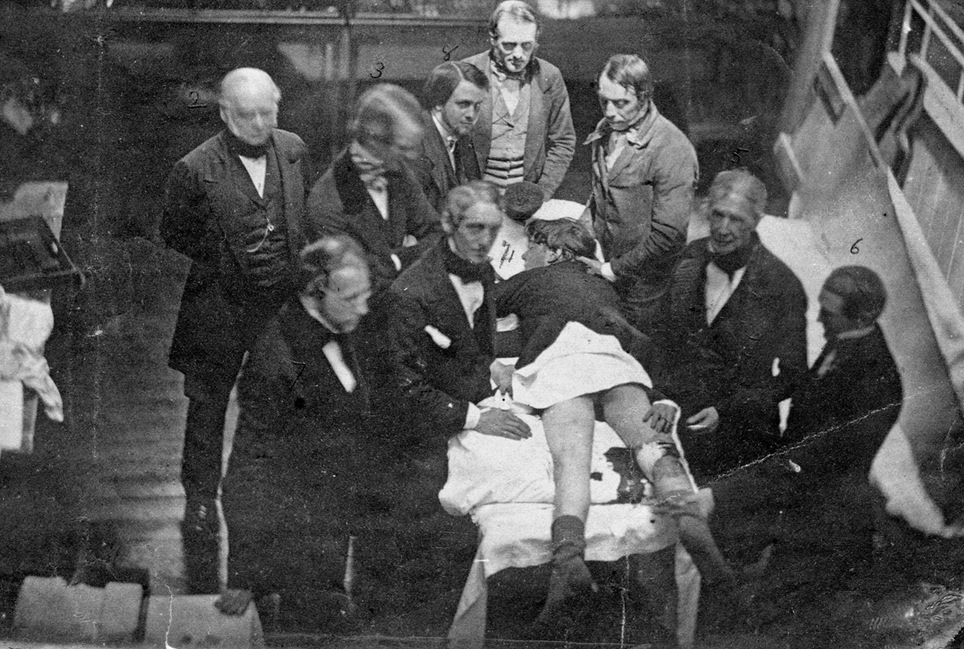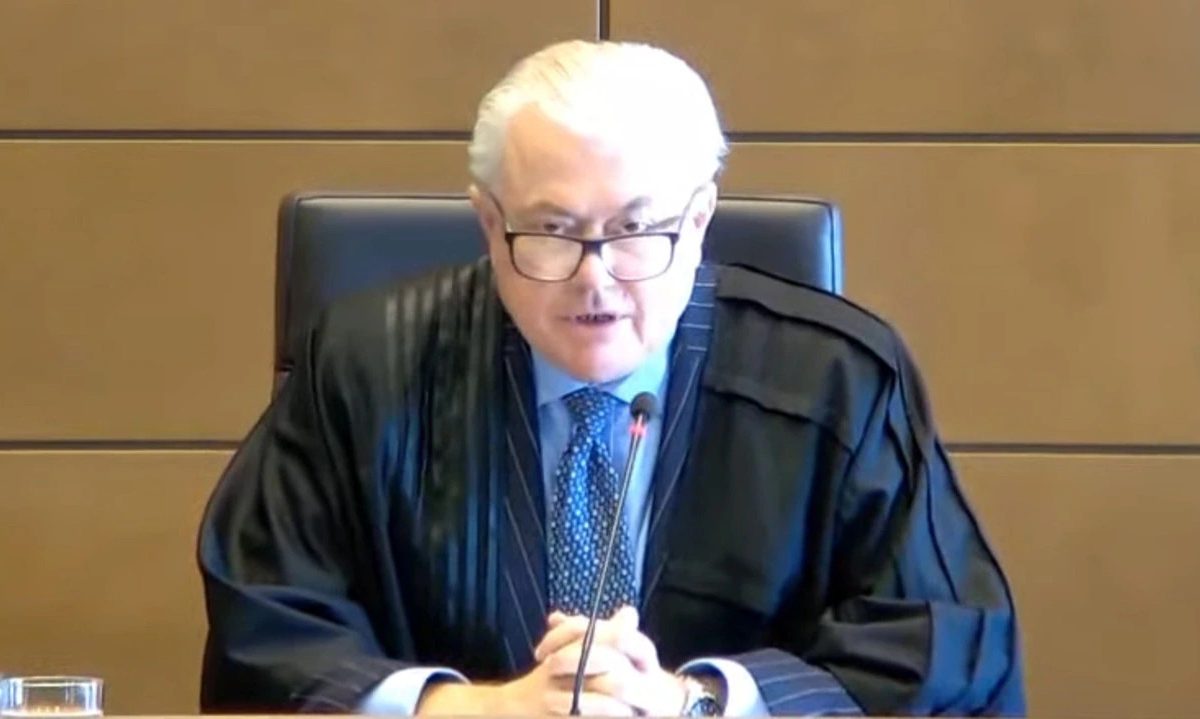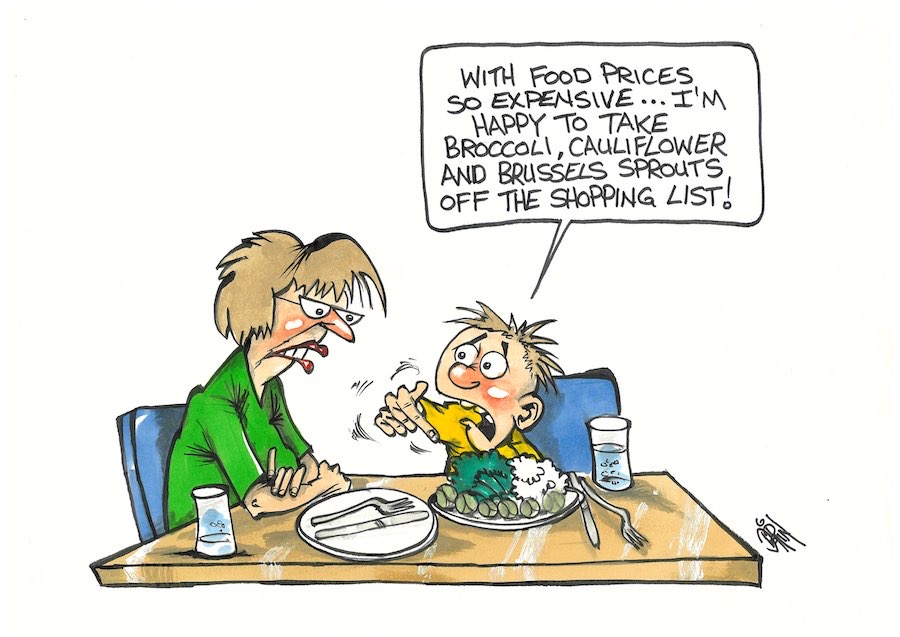
As we get older and more likely to be in need of medical attention it’s handy to be able to translate what medical staff might be saying about us, says “Whimsy” columnist CLIVE WILLIAMS.

MEDICAL jargon includes “contusion” for bruise, “haemorrhaging” for bleeding, “abrasion” for a cut or graze, and “abscess” for a large blister.
“Sclerosis” means hard or hardening, and “stasis” is slowing or stopping the flow of a bodily fluid.
An “occlusion” is the blockage or closing of a blood vessel or hollow organ.
“Rupture” is to break or burst. An “acute myocardial infarction” is a heart attack. An “aneurism” is an excessive localised swelling of the wall of an artery.
Other common medical terms include:
- Acute: a condition that begins abruptly and is sometimes severe, but duration is short.
- Benign: unlikely to be cancerous.
- Chronic: a persistent condition, like heart disease.
- Oedema: swelling caused by fluid accumulation.
- Embolism: arterial blockage, often caused by a blood clot.
- Epidermis: outer layer of the skin.
- Hypertension: high blood pressure.
- Hypotension: low blood pressure.
- Intravenous: medication or fluid that’s delivered by vein.
- Malignant: presence of cancerous cells.
- Pathology: behaviour of a disease
- Prognosis: predicated outcome of disease progression and treatment.
- Relapse: recurrence of disease or symptoms after a patient has recovered.
- Sutures: stitches used to join tissues together.
- Vascular: pertaining to vessels carrying blood.
- Zoonotic disease: one transmissible from animals to humans.
Medicos also use a range of prefixes and suffixes:
PREFIXES
A-: Lack of, or without as in “asymptomatic” (no symptoms).
Dys-: abnormal, difficult, or painful – as in dysfunctional.
Macro-: large in size.
Melan-: black or dark in colour.
Micro-: small in size.
Poly-: many.
Pseudo-: false or deceptive in appearance.
Retro-: behind or backward.
SUFFIXES
-ation: indicates a process.
-ectomy: surgical removal of something.
-ismus: indicates a spasm or contraction.
-itis: signifies inflammation.
-lysis: decomposition, destruction, or breaking down.
-ology: study of a particular concentration.
-osis: something that is abnormal.
-otomy: to cut into.
-pathy: disease or disease process.
-plasty: surgical repair.
It’s also handy to know medical root words:
- Cardi-: related to the heart.
- Derm-: pertaining to the skin.
- Encephal-: related to the brain.
- Gastr-: related to the stomach.
- Hemat-: pertaining to blood.
- My-: related to muscle.
- Oste-: related to bone.
- Pulmon-: refers to the lungs.
- Rhin-: related to the nose.
- Therm-: indicates heat.
Doctors commonly use acronyms as shorthand for technical phrases such as “BPH” for “Benign Prostatic Hypertrophy” (meaning enlargement of the prostate gland). Other acronyms are intended to be obscure to the public such as “DNR” which means “Do Not Resuscitate”.
Medical acronyms can also be used as shorthand for commonly met problems – such as “FOOSH” – meaning “Fall Onto OutStretched Hand” (the most common cause of hand and wrist injuries). A common British National Health Service fall-related acronym is “PFO” meaning “Pissed and Fell Over”.
You are no doubt aware of the difference between a general practitioner and a specialist? One thinks he treats what you have, the other thinks you have what he treats.
A GP tells a patient: “I’ve got very bad news – you’ve got cancer and advanced Alzheimer’s”.
Patient: “Well, at least I don’t have cancer.”
Clive Williams is a Canberra columnist. There’s more of his “Whimsy” at citynews.com.au
Who can be trusted?
In a world of spin and confusion, there’s never been a more important time to support independent journalism in Canberra.
If you trust our work online and want to enforce the power of independent voices, I invite you to make a small contribution.
Every dollar of support is invested back into our journalism to help keep citynews.com.au strong and free.
Thank you,
Ian Meikle, editor





Leave a Reply